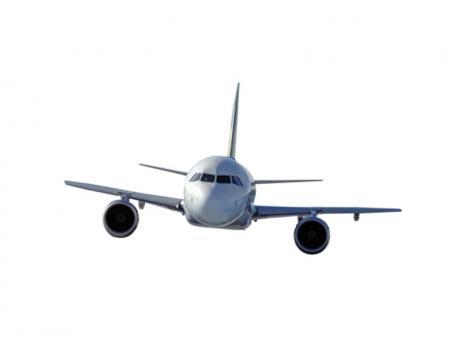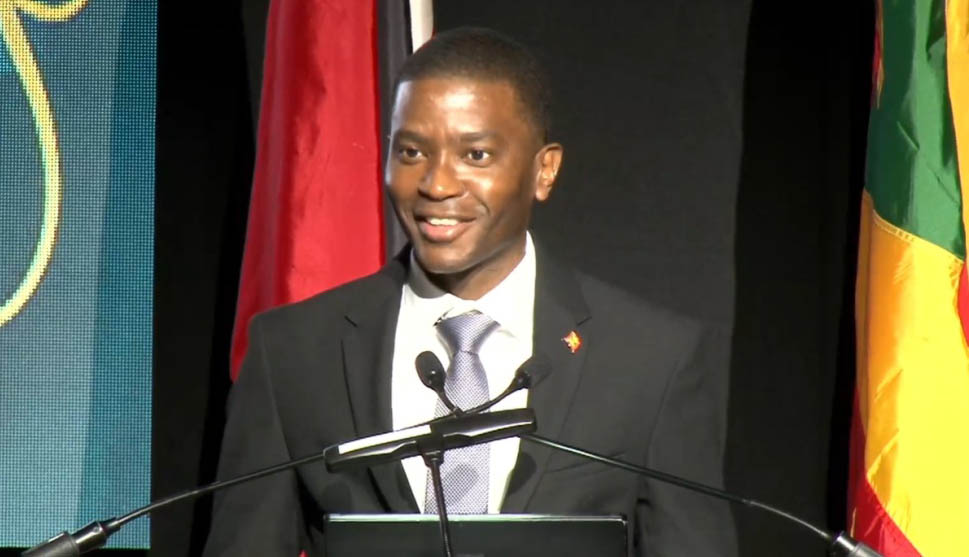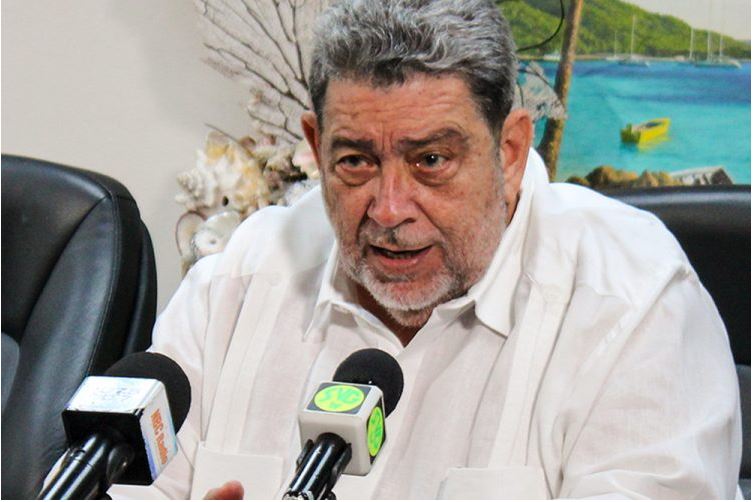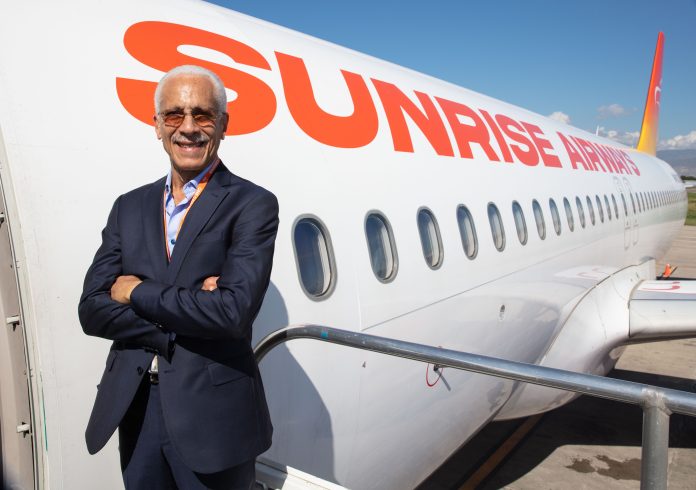Authorities in the United Kingdom (UK) have signalled that they are ready to deport dozens of Jamaicans who were convicted there for a range of criminal offences.
Jamaican officials revealed yesterday that the group of 50 is expected to arrive in the island on February 6 on board a special chartered flight.
They will be accompanied by 190 British security personnel, law-enforcement sources revealed.
There was no information up to late yesterday about the crimes for which they were convicted.
Jamaica’s National Security Minister Dr Horace Chang confirmed that he signed a document last Wednesday giving approval for the aircraft to land in Jamaica. He indicated, too, that the police have been alerted.
As is standard procedure, the deportees will be taken to a facility for processing, where the police will determine whether they have an interest in further investigations.
Reports of the ‘mass deportation’ by UK authorities first surfaced in an email that was circulated late last week by a group that is seeking to block the move.
The group cited the case of an unnamed Jamaican woman who was notified by the immigration enforcement division of the British Home Office of her pending removal from the UK.
“We have just received news that a woman is to be deported to Jamaica by charter flight within five days of the date of the letter from the Home Office she received dated 14th of January (2019),” the email said.
“Please can you complain to both the British and Jamaican governments,” it urged recipients.
Deportees with family and associates will likely seek to rekindle those bonds, but others who are unattached are often at risk of homelessness and diversion to a life of crime.
Then British Prime Minister David Cameron had in 2015 offered to partially fund the construction of a state-of-the-art prison in Jamaica, to the tune of 25 million pounds, with the corollary that a number of Jamaicans imprisoned in Britain would be repatriated here six months before the end of their sentences. It was proffered that their stay in the Jamaican prison would ease their transition back into society.
But the Jamaican Government rejected the offer, spurred by advocates who argued that the prison gift was a slap in the face by the former slave owners. Cameron also declined to offer a formal apology for slavery and rejected calls for reparation.




